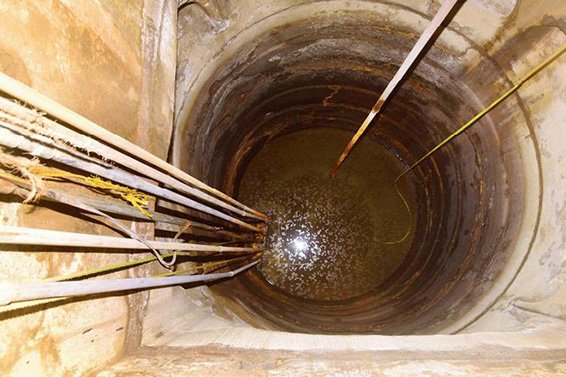Zoroastrian community opposes Metro: ‘Tunneling may damage fire temples, wells could run dry’
The High Court accepted the statement of the MMRC that it will not carry out any drilling work beyond the boundaries of Atash Behrams until the next hearing.
Five members of the Zoroastrian community, who approached the Bombay High Court last week against the construction of the Colaba-Bandra-SEEEPZ Metro 3, have argued that tunneling work under two Atash Behrams or sacred fire temples at the Princess Street-Kalbadevi junction could be detrimental to its “spiritual circuits” and “devastate” Zoroastrian religious sentiments worldwide. They also contended that the construction may cause structural damage to heritage buildings and wells on their premises to run dry.
The High Court’s 13-page order recorded “the case of petitioners as pleaded in the petition”. One of the 14 paragraphs that recorded the contentions of the petitioners stated that if tunneling for the Metro is allowed under the premises of Atash Behrams, “the spiritual circuits will be breached and negative forces of physical and spiritual nature will attack the holy fire, thus diminishing its spiritual prowess.” The petitioners contended that it is “virtually impossible to consecrate a fire temple of the highest degree, which is an Atash Behram”.
The High Court’s order of May 23 also recorded the petitioners’ contention that there are only eight Atash Behrams in India and the last Atash Behram, Zarthosti Anjuman Atash Behram, was consecrated over 122 years ago and it may no longer be possible to consecrate an Atash Behram “because of non-availability of trained priests and the complex rituals”. The petitioners — structural engineer Jamshed Sukhadwalla, senior solicitor Berjis Desai, Zarathusthrian scholar priest Rooyintan Peer and two trustees of Shah Varzaavand Trust, a public charitable trust — stated that the route of Metro 3 goes directly under the two Atash Behrams which are of special religious and spiritual significance to Zoroastrians.
Last week, the High Court, after hearing the case, passed an order directing five members of the board of directors of the Mumbai Metro Rail Corporation to “hear the petitioners, the architect nominated by them, the trustees of Atash Behrams, the high priests, their advocates if any”. The MMRC was directed to submit a report to the High Court by June 12.
A vacation bench directed the trustees of Atash Behrams and the high priests to file their affidavits. The High Court accepted the statement of the MMRC that it will not carry out any drilling work beyond the boundaries of Atash Behrams until the next hearing.





